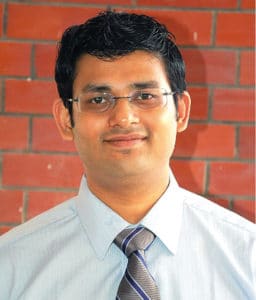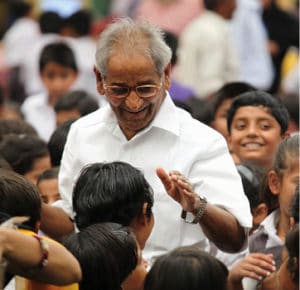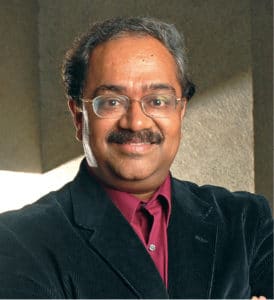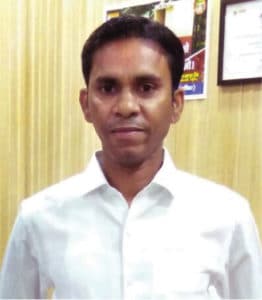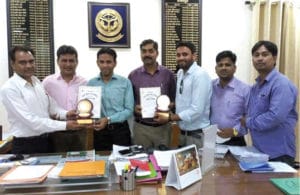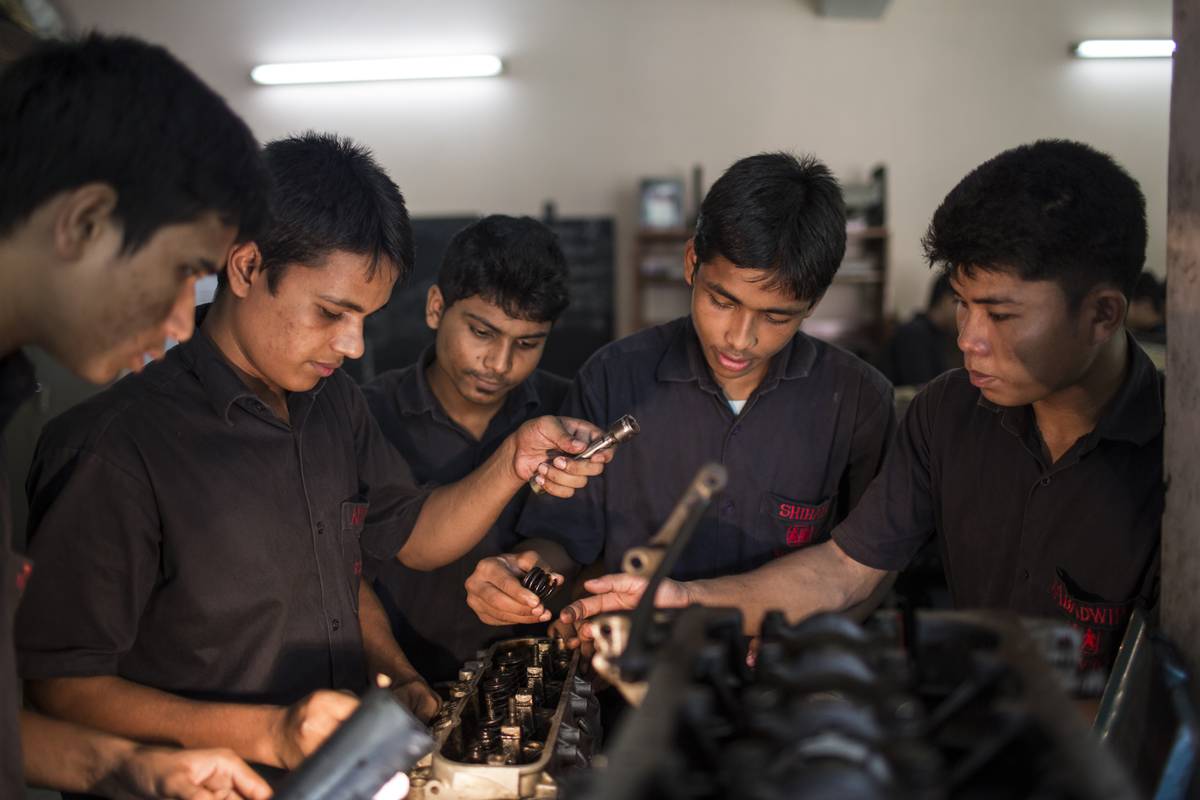Gender inequality is treated as a punishable offence as per laws of most of the countries. It is important for parents and teachers to make the children sensitive towards the other gender, writes Hema Kalakoti, Principal, APS Academy, Lucknow, for Elets News Network (ENN).

Gender inequality refers to unequal treatment or perceptions of individuals based on their gender. It arises from differences in socially constructed gender roles. Gender systems are often dichotomous and hierarchical, gender binary systems may reflect the inequalities that manifest in numerous dimensions of daily life. Discrimination based on gender is a common civil rights violation that takes many forms including sexual harassment, pregnancy –discrimination, unequal pay for women who do the same jobs as men and discrimination in employment and education.T o overcome gender inequality we need to have gender sensitive society.
What is Gender Sensitivity?
Gender awareness is more analytical and critical since it clarifies issues about gender disparities and gender issues. It pertains to one’s effort to show how gender shapes the role of women and men in society including their role in development and how it affects relations between them. Our education system needs to be gender sensitive and gender friendly. One of the best possible strategies to minimise gender discrimination in society is to promote gender awareness at all levels of society.
Gender Issues In Homes
We can promote gender awareness in parents by
- School-parent partnership needs to be strengthened to identify gender issues in homes
- Promoting girl education in rural areas
- NGOs awareness training and counseling
Parents should be advised to treat both their sons and daughters as equals. Instead of telling their daughters to behave properly, mothers should teach their sons to respect all women as equal. It is important that children should grow up seeing women in their homes being respected by the men in the family. All household females should stop telling the young girls of their families that they need to learn how to cook, serve the husband and in-laws, and always adjust. And whatever else says to make a growing girl feel like she has less access to choice of freedom than her male counterpart.
Schools can play an important role in inculcating gender sensitivity in etiquettes and manners of students. It is necessary to create a gender responsive school in which the academic, social and physical environment and its surrounding community take into account the specific needs of girls and boys. A detailed action plan with a definite road map is required in the school curriculum to achieve gender equality.
Gender Sensitivity among Teachers
Teachers play a very important role in the early upbringing of a child. Their idea and beliefs can change the thought processes of young children. Children in the formative years easily nurture values and virtues taught to them. Gender sensitivity training should be mandatory for teachers. The training will enable them to disseminate the desirable attitude based on mutual respect and trust between girls and boys.
We all know that the teachers sometimes “inadvertently” make disparaging remarks about capabilities or characteristics of either gender, so we need to cope with knowledge, attitude, skills and methodologies that promote gender equality.
With growing concern over the lack of gender sensitization among youth, the Central Board of Secondary Education (CBSE) has developed “a kit on gender sensitivity” for teachers to enable them to ensure unbiased participation of both boys and girls in the learning process.
Gender Sensitive Classrooms
Classrooms need to be gender sensitive. We have to take care of few do’s and don’ts for making classroom interaction gender sensitive.
- Encourage both males and females to be class leaders (perhaps one of each sex). Appoint two monitors in each classroom, a boy and a girl
- Address and call on girls and boys equally. Do not segregate boys and girls in the classroom in primary classes
- Make mixes groups for group activities and games
- Try to ‘switch role’ for breaking down gender barriers and stereotyping of gender roles
- Make both boys and girls share activities like cleaning, moving furniture, to the chalkboard during a lesson.
- Plan and conduct activities that give opportunity to all children accepting one another as equals.
Gender Sensitivity in Curriculum and text
Academic contents with lessons on gender sensitivity and moral traditions will unconsciously mould the character of the tender mind. It is time to transform all text reading materials and books which should be free of notion of gender equality as bias is embedded in textbooks and lessons. In this connection, our government has started taking initiatives regarding gender concerns have been included in the curriculum and in the textbooks drawn up by the National Council of Educational Research and Training(NCERT). (Views expressed by author are personal).










